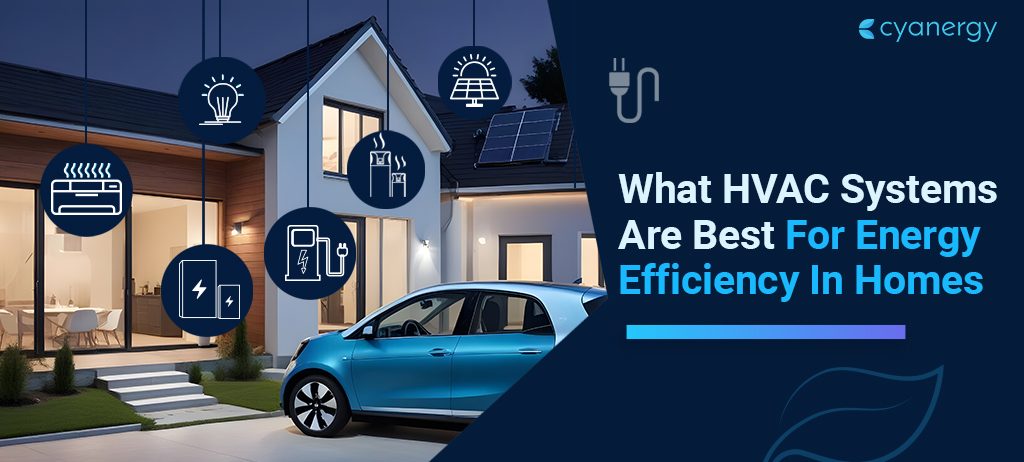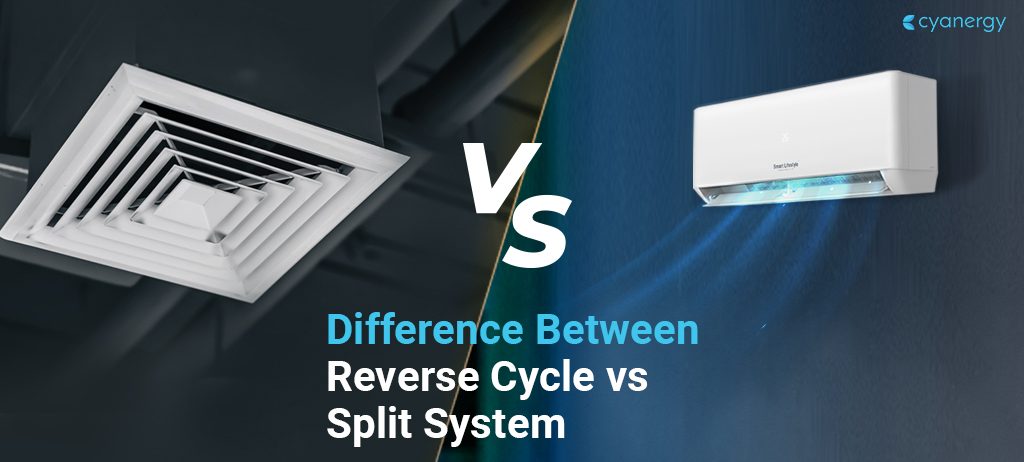The ROI of Energy Efficiency
The return on investment (ROI) of energy efficiency measures can vary depending on the specific measure and the location, but in general, investing in energy efficiency can offer a strong ROI over the long term.
Energy efficiency measures typically involve investments in technologies, equipment, or building upgrades that reduce energy consumption and/or improve energy efficiency. The upfront costs of these investments can be significant, but the long-term savings in energy costs can offset these costs and provide a strong ROI.
For example, upgrading to energy-efficient lighting or HVAC systems can significantly reduce energy consumption and costs, and the savings generated can pay for the upfront costs of the upgrades over time. Similarly, improving insulation or weather sealing in a building can reduce energy consumption and improve comfort, which can translate into significant cost savings over time.

The Benefits of Energy Efficiency
Energy efficiency offers a wide range of benefits, including financial savings, improved comfort and health, reduced environmental impact, and increased energy security. Here are some of the key benefits of energy efficiency:
Reduced Energy Bills: Energy-efficient buildings use less energy, which translates into lower energy bills. This can lead to significant cost savings over time.
Improved Comfort: Energy-efficient buildings are better insulated, which means they maintain a consistent temperature throughout the year. This can result in a more comfortable living or working environment.
Increased Property Value: Energy-efficient buildings have a higher resale value, as they are in high demand due to their lower operating costs and reduced carbon footprint.
Reduced Carbon Footprint: Energy-efficient buildings consume less energy, which leads to a lower carbon footprint. This is better for the environment and can contribute to a sustainable future.
Why You Should be Investing in Being Energy Efficient
- The Australian government’s Energy Efficient Communities Program provides grants to eligible businesses and community organizations to improve energy efficiency. Since 2019, the program has provided over $90 million in funding, resulting in an estimated annual energy cost savings of $32 million.
- According to the Australian Energy Foundation, implementing energy efficiency measures in commercial buildings can lead to an average reduction in energy consumption of 25%.
- The Australian government’s National Australian Built Environment Rating System (NABERS) rates buildings on their energy efficiency, water usage, waste management, and indoor environment quality. Buildings with higher NABERS ratings have a higher resale value and are more attractive to tenants.
- The Australian government’s Emissions Reduction Fund provides incentives for businesses and organizations to reduce their carbon footprint. As of April 2021, the fund had invested over $2.8 billion in emissions reduction projects.

The Renewable Energy ROI - Current Scenario
The return on investment (ROI) on renewable energy varies depending on a number of factors, such as the type of renewable energy technology, the location, and the specific financial and regulatory incentives available. However, in general, renewable energy can offer a strong ROI over the long term, particularly when compared to traditional fossil fuel-based energy sources.
One key factor that contributes to the ROI of renewable energy is the decreasing cost of renewable energy technologies. Over the past decade, the cost of renewable energy has declined significantly, making it increasingly competitive with traditional energy sources. In many regions, renewable energy is now cheaper than fossil fuels, particularly when taking into account the long-term costs associated with carbon emissions and other environmental impacts.
Another important factor that contributes to the ROI of renewable energy is the availability of financial incentives and regulatory support. Many governments offer tax credits, grants, and other financial incentives to encourage investment in renewable energy. These incentives can help to offset the upfront costs of installing renewable energy systems, and can significantly improve the ROI of these investments.
In addition, many regions have established policies and regulations that require utilities to source a certain percentage of their energy from renewable sources. These policies can create a stable market for renewable energy, and provide long-term revenue streams for renewable energy developers and investors.
Overall, while the ROI of renewable energy varies depending on a number of factors, there is significant potential for strong returns on investment in renewable energy. As renewable energy technologies continue to improve and costs continue to decline, and as governments around the world continue to implement supportive policies and incentives, the ROI of renewable energy is likely to become even more attractive over time.
Investing in energy efficiency is a smart decision that can provide significant long-term benefits. Energy-efficient buildings use less energy, save money on energy bills, improve comfort, increase property value, and reduce the carbon footprint.
In Australia, there are several government programs and incentives available to help businesses and organizations implement energy efficiency measures. By investing in energy efficiency now, you can save money in the long run and contribute to a sustainable future.







